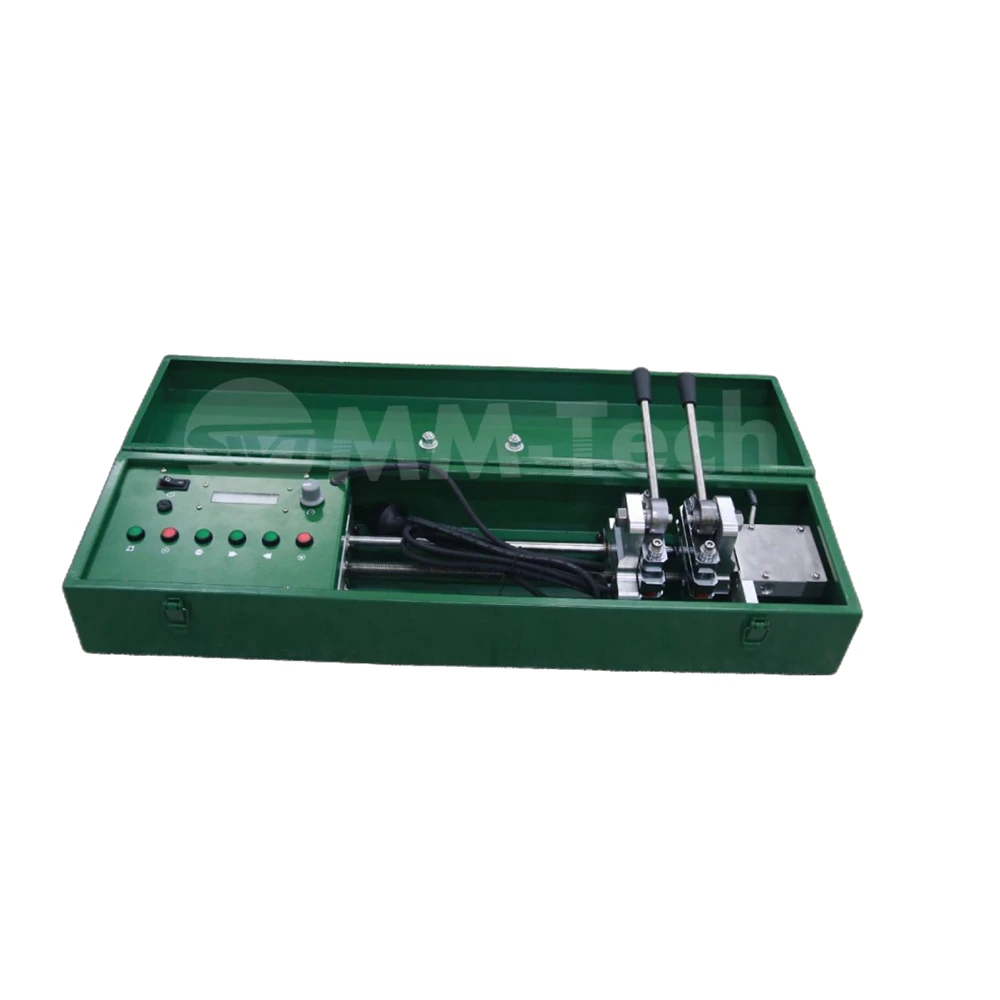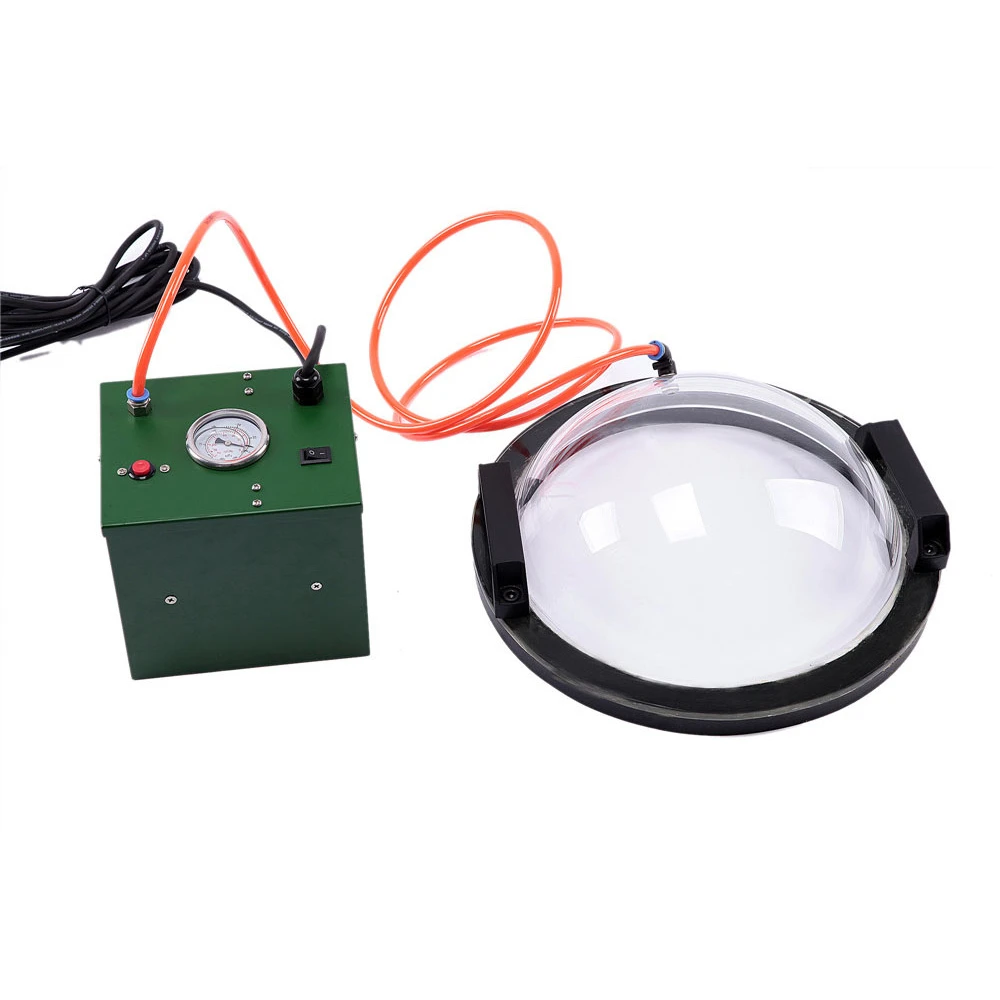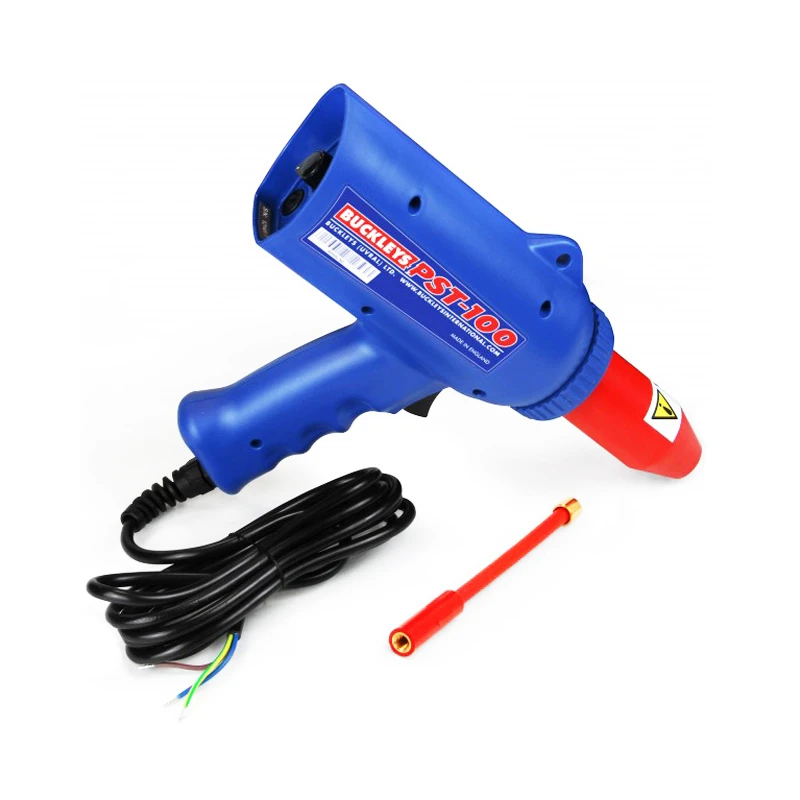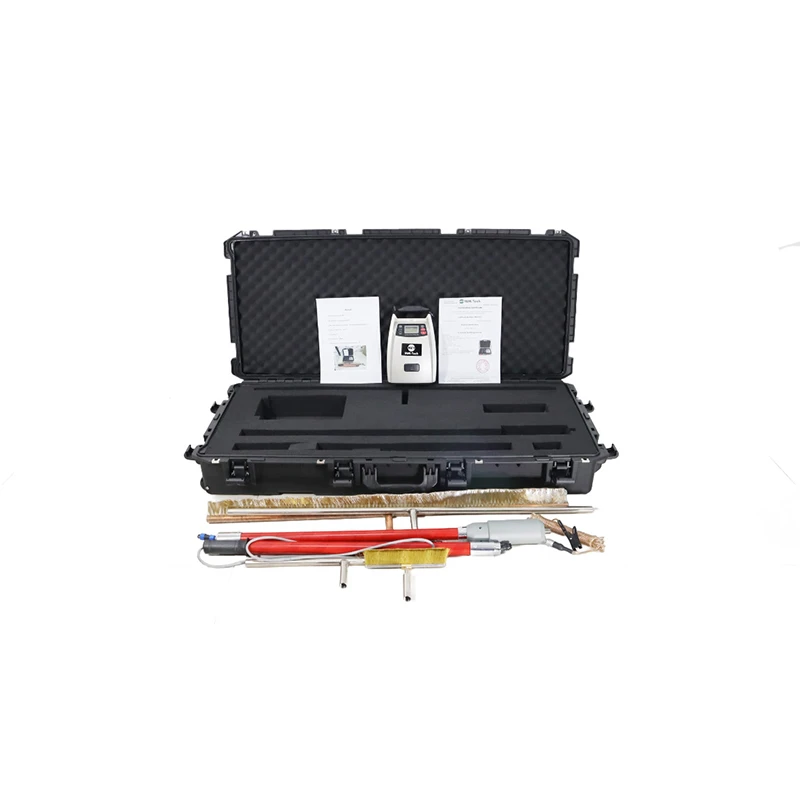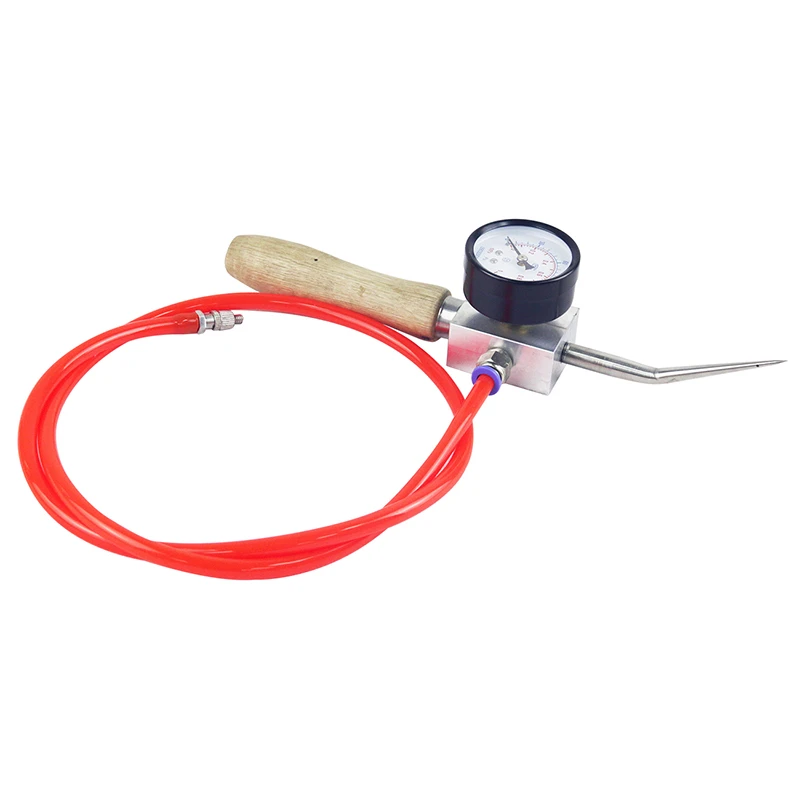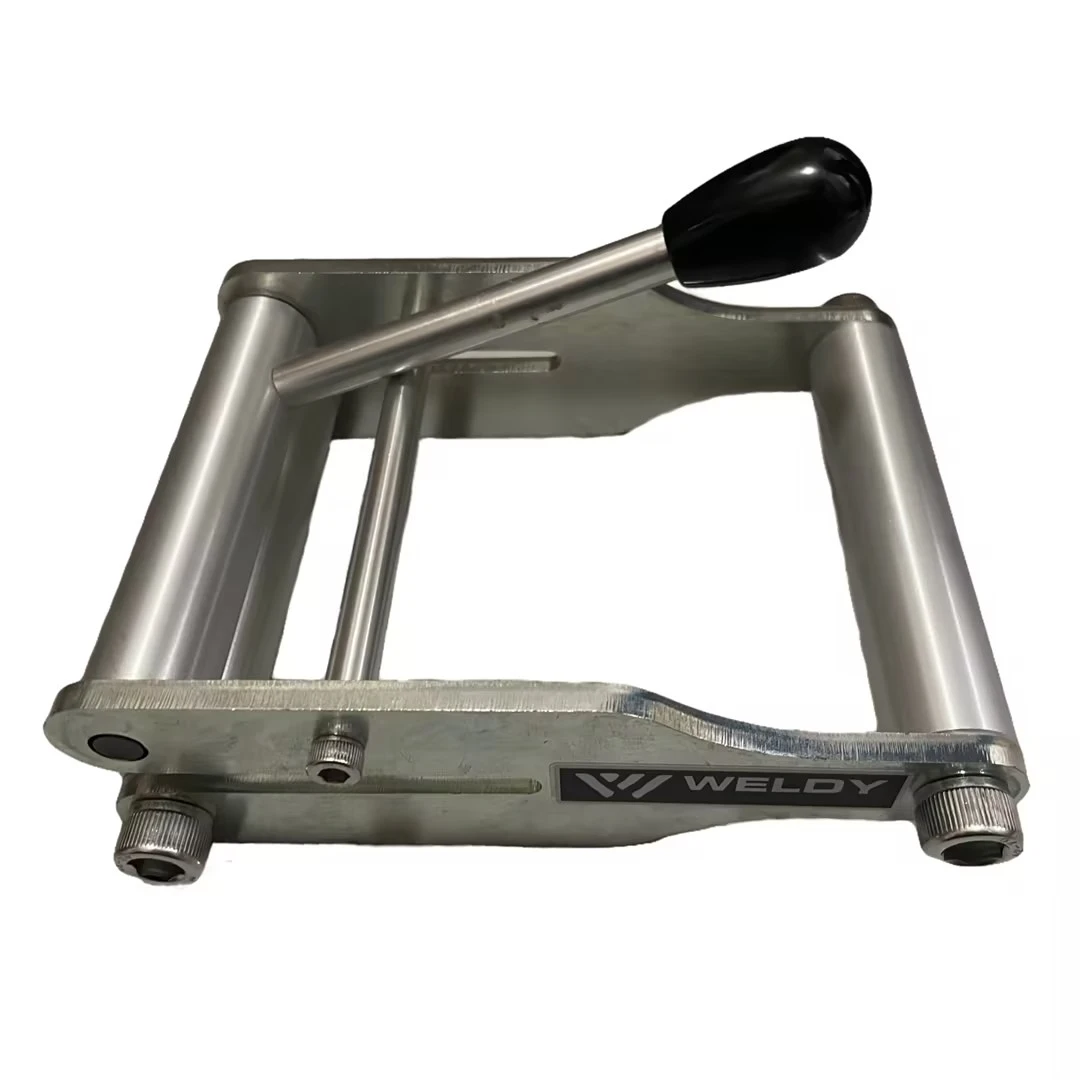-
 メールアドレス:info@peweldingmachine.com
メールアドレス:info@peweldingmachine.com
-
 +86-137 3974 5191
+86-137 3974 5191
-
 追加:
追加:中国河北省石家荘市橋西区友誼街355号。
テストツール
バナー溶接機は、大型のバナー、テント、布地を効率的に溶接するために特別に設計されたツールです。この機械は、大型のバナー、看板、標識の作成が不可欠な印刷、広告、繊維業界でよく使用されます。バナー溶接機は、大型の材料を溶接するという特有の課題に対応できるように設計されています。材料を滑らかできれいな表面で接合して、見た目が美しく、風雨などの屋外の要素に耐えられる構造強度を備えた継ぎ目を作成できます。
これらの機械は、縫い目、縁、補強材を溶接して、バナーがしっかりと密閉され、耐久性があることを保証します。このプロセスは非常に正確で、機械には通常、調整可能な温度、速度、圧力設定が備わっているため、オペレーターは使用する材料と希望する結果に基づいて溶接プロセスをカスタマイズできます。
What Are Testing Tools?
Testing tools are software applications or frameworks designed to assist in evaluating, verifying, and validating the functionality, performance, security, and usability of other software, systems, or products. These tools help automate testing processes, detect defects, and ensure that the final product meets quality standards before deployment.There are various types of testing tools, each catering to different aspects of software testing. Functional testing tools focus on verifying that a system operates according to its specified requirements, ensuring that all features work as intended. Performance testing tools measure speed, responsiveness, and stability under different conditions, identifying bottlenecks and potential failures. Security testing tools assess vulnerabilities, helping to prevent cyber threats by identifying weaknesses in software defenses. Usability testing tools analyze user experience, making sure interfaces are intuitive and user-friendly.
Automation testing tools play a crucial role in modern software development, reducing manual effort and improving testing efficiency. They execute test scripts, compare expected and actual results, and provide detailed reports. Popular automation testing tools include Selenium, JUnit, and TestNG for software applications, while LoadRunner and JMeter are commonly used for performance testing.The choice of testing tools depends on project requirements, technology stack, budget, and team expertise. Open-source tools offer flexibility and community support, while commercial tools often provide advanced features and dedicated support. Cloud-based testing tools enable remote execution and collaboration, enhancing scalability and accessibility.
Testing tools streamline the software development lifecycle by identifying issues early, reducing costs, and ensuring a smooth user experience. As software complexity increases, the role of testing tools becomes more vital in maintaining quality and reliability, making them indispensable for businesses aiming to deliver high-performance and secure products.
What Is QA Testing Tool?
A QA testing tool is a software application or framework designed to assist quality assurance (QA) teams in evaluating and improving the quality, functionality, performance, and security of software products. These tools help automate and streamline the testing process, ensuring that applications meet specified requirements and function correctly before deployment. By identifying defects, inconsistencies, and vulnerabilities, QA testing tools play a crucial role in maintaining software reliability and user satisfaction.
There are various types of QA testing tools, each serving different testing needs. Functional testing tools verify that software features operate as expected, ensuring compliance with business requirements. Performance testing tools assess system responsiveness, stability, and scalability under varying workloads. Security testing tools detect vulnerabilities and potential threats, helping to safeguard applications from cyberattacks. Usability testing tools evaluate the user experience, ensuring that interfaces are intuitive and user-friendly.
Automation testing tools, a key component of QA, reduce manual testing efforts by executing pre-defined test cases, comparing actual results with expected outcomes, and generating detailed reports. Popular automation tools include Selenium, Appium, and TestComplete for functional testing, while JMeter and LoadRunner are widely used for performance testing.QA testing tools can be open-source or commercial, with cloud-based solutions providing flexibility and remote access. The choice of tool depends on project requirements, budget, technology stack, and team expertise. By integrating QA testing tools into the software development lifecycle, businesses can detect defects early, improve efficiency, and reduce time-to-market. With software systems becoming more complex, the use of QA testing tools is essential for ensuring high-quality, secure, and reliable applications that meet user expectations and industry standards.







